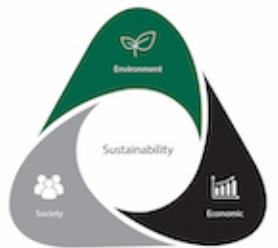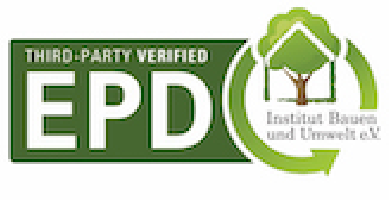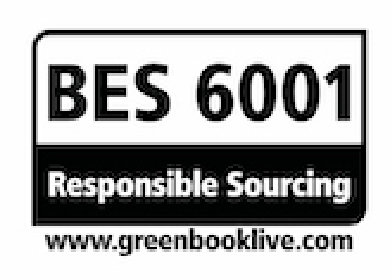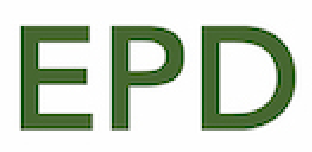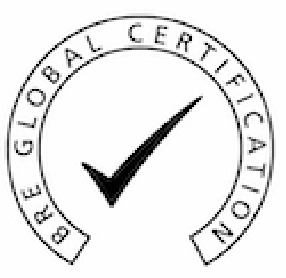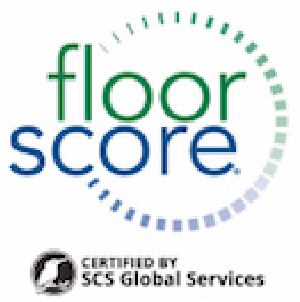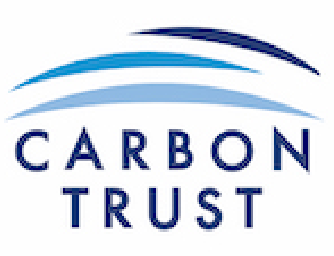Sustainability
Our Vision
Polyflor’s vision is to minimize carbon emissions, as well as being socially and economically responsible. The vision of our business model is fully encompassed by the Three Pillars of sustainability, which focus on synergy between Environment, Society, and Economics.
The Three Pillars
Environment
Natural Resource Use
Waste & Pollution Prevention
BioDiversity
Energy Efficiency & Renewables
Green Technology
Economic
Growth
Profit Cost Saving
R&D
Society
Responsible Sourcing, Stewardship & Fair Trade
Business Ethics
Working with Local Communities
Workers’ Rights & Benefits
Standard of Living
Jobs & Education
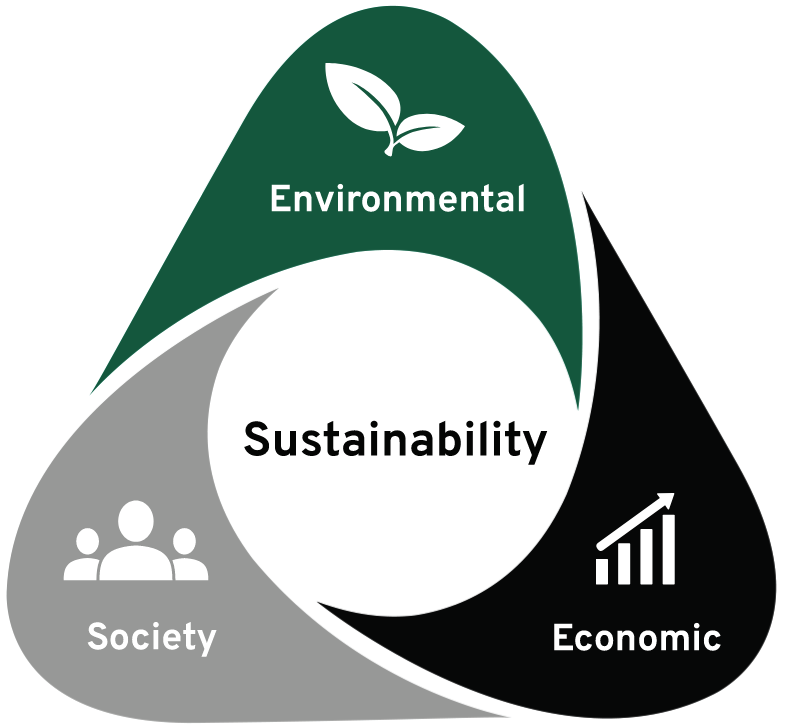
Sustainable Progress
For many decades Polyflor has been recognized as a leading global manufacturer of high quality, high performance sustainable floor coverings. We will continue to do good as a responsible and ethical manufacturer, whilst looking to continually improve.
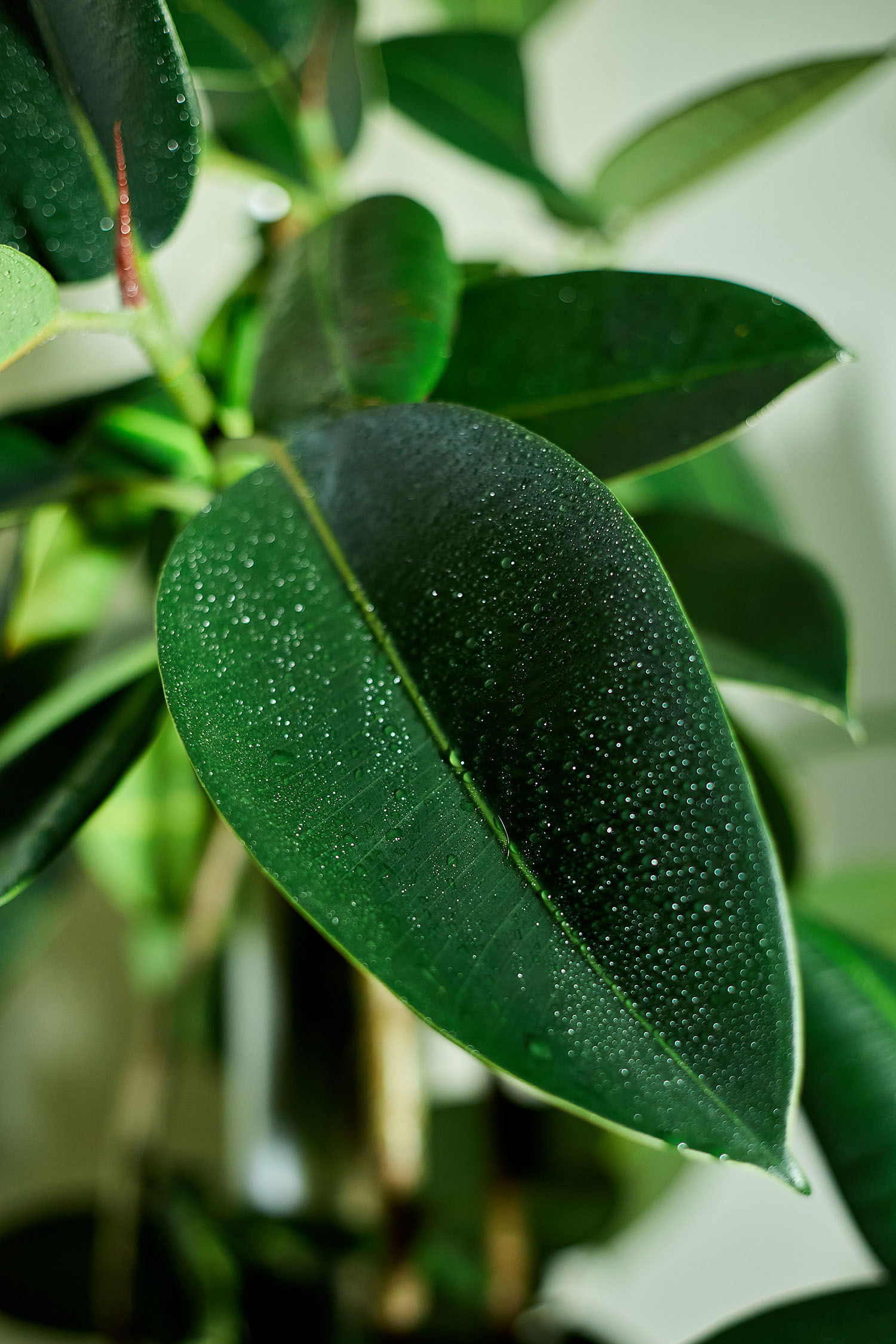
100%
Renewable Electricity Used
14%
CO2 emissions reduced through transportation
29%
Reduction on Polyflor’s Total GHG Emissions
21%
Decrease on Water Usage
100%
Decrease on Net Waste
21%
Labour Turnover Reduction – Best Employee Retention in 7 years
-
Responsible Manufacturer
Polyflor's vision to minimize carbon emissions as much as possible, as well as being socially and economically responsible. The vision of our business model is fully encompassed by the Three Pillars of Sustainability, which focus on synergy between Environment, Society (people) and Economics.
-
EPD Product Specific
Polyflor's product specific EPDs are verified by IBU (Institut Bauen and Umwelt e.V.) - an independent environmental organization which works closely with construction and environmental authorities in Germany. Product specific EPDs available on www.ibu-epd.com/en/-published-epds
-
Responsible Sourcing
The BES 6001 standard, from BRE Global, is a means of securing certification to demonstrate through independent, third-party certification, that products certified against the scheme have been responsibly sourced
-
EPD Generic
EPD (Environmental Product Declarations) indicate a product that has been third-party certified (Type III) with regard to life-cycle environmental impacts that conform to ISO 14025, 14040, 14044, and ISO 21930.
-
BRE
The BRE (Building Research Establishment) is an independent organization which evaluates the environment impact of a product. Using a Life Cycle Analysis (LCA) over a building life of 60 years materials are assessed on their impact against series of environmental criteria and performance is rated from A+ to E. Individual assessments relate to specific production data for the product, whereas generic ratings are derived from industry-wide production data and averaged.
-
REACH
REACH is European Union regulation concerning the Registration, Evaluation, Authorization & Restriction of Chemicals. No harmful substances added, such as formaldehyde; asbestos and heavy metals. Plasticizers used by Polyflor are not classified substances and do not need authorization under REACH. A range of mostly non-phthalate and ortho-phthalate plasticizers used across Polyflor's vinyl collection.
-
FloorScore
FloorScore ® product certification by SCS Global, ensures that certified flooring meets strict indoor air quality (IAQ) emissions criteria of LEED; CHPS; The Green Guide for Health Care, and is recognized by a long list of healthy building programmes.
-
Carbon Trust
Polyflor is working with The Carbon Trust to reduce energy consumption. The Carbon Trust's Energy Management programme provides commercially viable solutions to help businesses and the public sector cut carbon, energy, and costs.
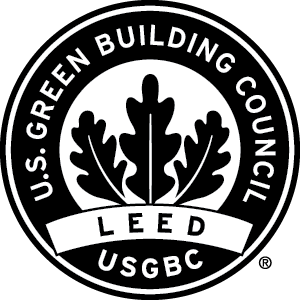
Leadership in Energy & Environmental Design (LEED®) is a sustainable building certification program that rewards best-in-class building strategies and practices. Stringent criteria are set which a building project must meet in order to achieve LEED® certification. In doing so, specifiers will seek to use the most sustainable options available for the project.
LEED® v4 recognizes and accepts Environmental Product Declarations which gain extra LEED® credit points.
There are four levels of certification available
As highlighted, Polyflor can contribute to points on a LEED® project. The number of points achieved throughout the entire build establishes the level of LEED® certification for that project, outlined below:

In 2017, the top 10% of LEED® certified companies achieved a Platinum rating, with most certified companies achieving a Gold rating at 44%; 30% achieved Silver and 14% obtained a Certified rating. Today there are over 3,800 LEED Platinum buildings around the world.
Polyflor floor coverings have the potential to contribute to LEED® points through the following criteria:
Materials & Resouces
MR Credit: Construction and Demolition Waste Management
Polyflor is 100% recyclable and post-consumer waste, including offcuts and smooth, uplifted waste can be recycled. Alternatively, our Expona Simplay can be reused as they do not require adhesive for installation. The Recoflor program (of which Polyflor is a founding and funding member) complies with site waste management legislation and diverts vinyl flooring waste (offcuts and uplifted) from going to the landfill. Recycle or salvage 50% of the waste for 1 point, or 75% for 2 points.
MR Credit: Building Product Disclosure and Optimization – Sourcing of Raw Materials (Bio-based Content)
Polyflor flooring contains up to 85% sustainable materials and uses bio-based ingredients. 1 point available.
MR Credit: Building Product Disclosure and Optimization – Sourcing of Raw Materials (Bio-based Content)
Polyflor can contribute to the LEED® credit through its product-specific environmental product declaration (EPD), which can provide 1 point; or its generic EPD which may contribute 0.5 points.
MR Credit: Building Product Disclosure and Optimization – Sourcing of Raw Materials (Recycled Content)
Polyflor is 100% recyclable and post-consumer waste, including offcuts and smooth, uplifted waste can be recycled. Alternatively, our Expona Simplay can be reused as they do not require adhesive for installation. The Recoflor program (of which Polyflor is a founding and funding member) complies with site waste management legislation and diverts vinyl flooring waste (offcuts and uplifted) from going to the landfill. Recycle or salvage 50% of the waste for 1 point, or 75% for 2 points.
Indoor Environmental Quality
EQ Credit: Low emitting Materials – Option 1, Product Calculation CDPH Compliant & Option 2, Budget Calculation CDPH Compliant
Polyflor can contribute to both option of this credit through certificcation of its low emitting products. VOC certification is available via Indoor Air Comfort, Indoor Air Comfort Gold and Floorscore® certification (Polyflor’s certificates are available online at www.polyflor.ca, www.eurofins.com, www.scscertified.com). Along with other materials used on the projects, Polyflor products can contribute towards 1-3 points.
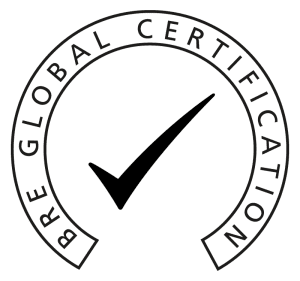
Polyflor’s product ranges predominantly have BRE specific rating and achieve A+ in major use areas such as health and education. Where products have not been individually assessed, BRE generic ratings are available*, again achieving A+ in key areas.
*This excludes Polyflor Sport 67 & Polyclad ranges
Independent, third-party certification is always always important as its impartially reassures customers that our products will perfom as expected. This is why Polyflor has had the majority of its product ranges individually assessed and rated by BRE Global.
Our 6 Step Lifecycle
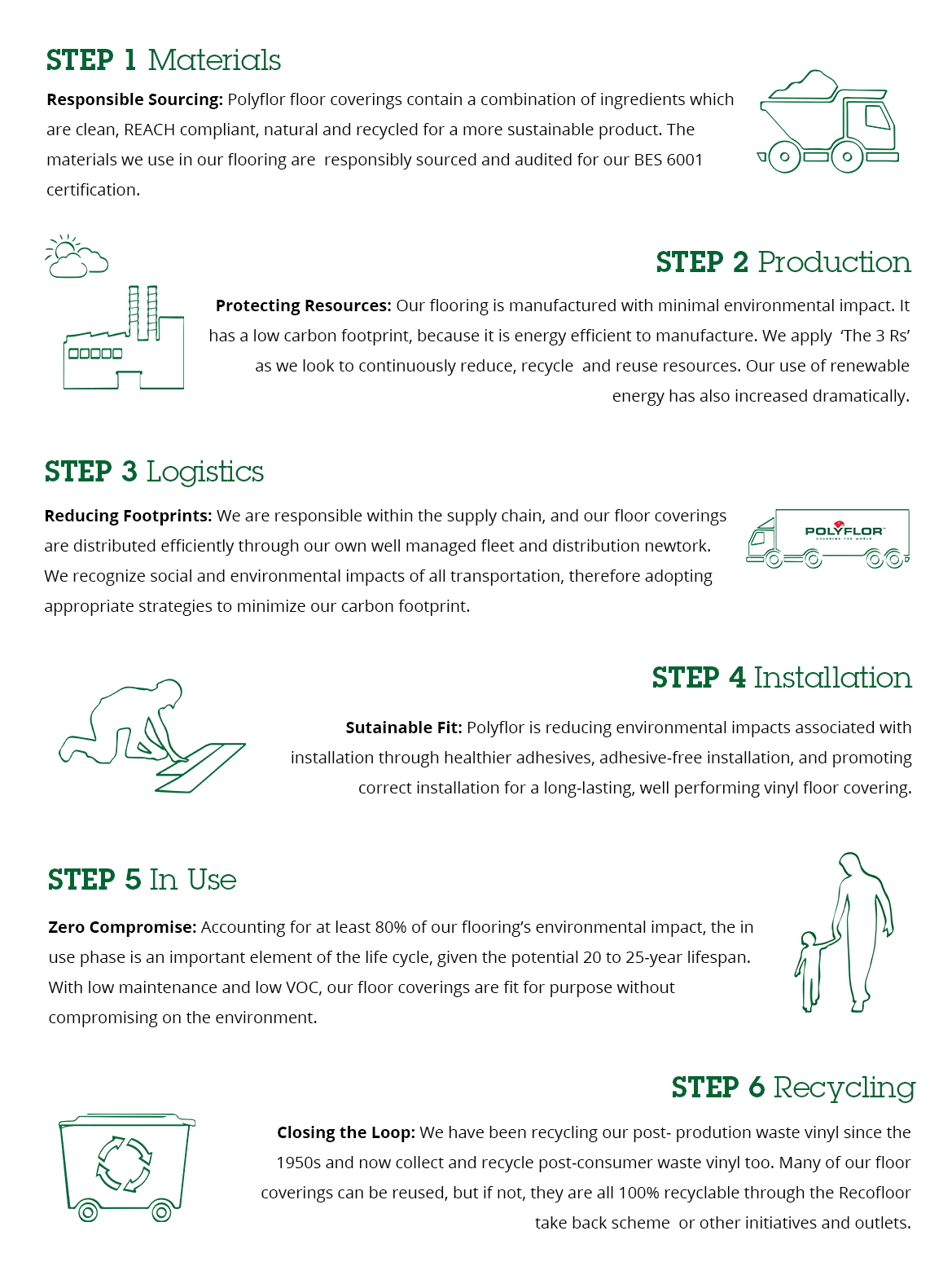
Related Documents
Maximizing BREEAM Credits with Polyflor
Polyflor’s vast range of products, technical support and best value flooring, means you can maximize your BREEAM score without any compromise on performance, choice or budget.
Building Research Establishment’s Environmental Assessment Method (BREEAM) is the longest standing and most widely used environmental assessment method for buildings in the UK and increasing its brand recognition globally.
Credits are awarded according to performance to 10 different categories measuring sustainability: Management; Health & Wellbeing; Energy; Transport; Water; Materials; Waste; Land Use & Ecology; Pollution; Innovation (extra)

Polyflor products can contribute to the award of BREEAM credits within the following categories:
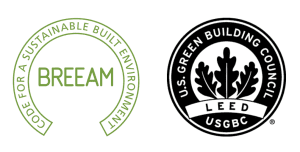
As the demand for environmentally preferable products continues to grow and spread around the world suppliers and manufacturers are constantly trying to prove that their products are environmentally friendly.
The two largest globally recognized programs are BREEAM and LEED®.
So what’s the difference?
BREEAM
- BREEAM (Building Research Establishment Environmental Assessment Method) was first established in 1990 in England.
- BREEAM requires trained personnel to analyze the evidence on the ground against the credits criteria. They then report their assessment to BRE (a building research organization funded mainly by the government) who go ahead to validate the findings before giving certification.
- BREEAM has been able to adopt to the local market for a long time. If the assessment criteria for a certain location does not quite fit with BREEAM assessment criteria, the assessor can engage BRE to establish a criteria that fits the assessment. LEED® on the other hand does not have such provisions.
LEED®
- LEED® (Leadership in Energy and Environmental Design) was first established in 1998 in the US, largely inspired by and based on BREEAM.
- LEED® on the other hand does not require any trained personnel, the certification of the buildings is given by US Green Building Council (USGBC). As a result, BREEAM is said to provide better credits compared to LEED®.
- LEED® gives slightly more importance to the occupant’s health and comfort, while BREEAM is more focused around environmental impacts. For example, LEED® will award you credits for increasing car parks in the building, BREEAM will not.
Choosing to follow either BREEAM or LEED® can sometimes depend on factors such as the type of building, is the building new or existing, the location of the building, etc.
The important message here is that your chosen manufacturers and suppliers of building materials and products offer viable solutions that fall within one or preferably both of these highly respected global environmental evaluation programs.
Both BREEAM and LEED® exist to help mitigate the impact by guiding specifiers towards more efficient and sustainable solutions.
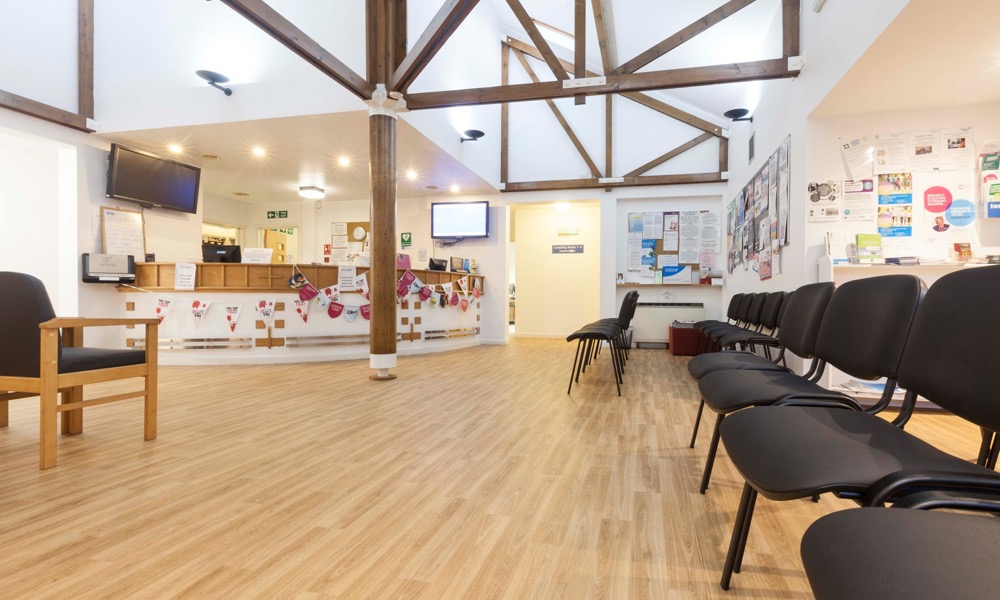
Environmental assessments or ‘Green labels’ legitimately help specifiers make informed decisions on the environmental profiles of construction products. Environmental Product Declarations are the next step.
EPDs provide completely transparent information about Polyflor products and their impact on the environment.
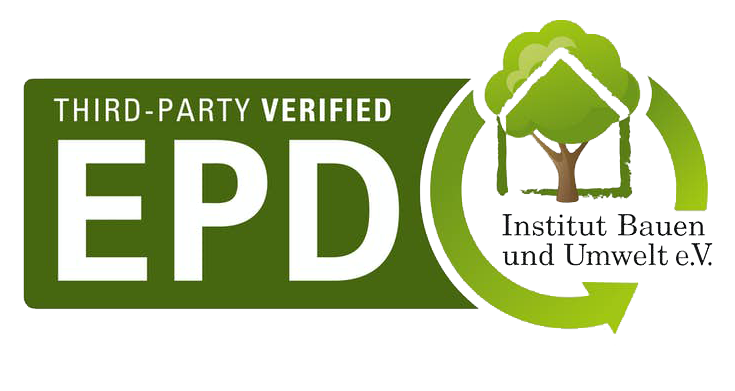
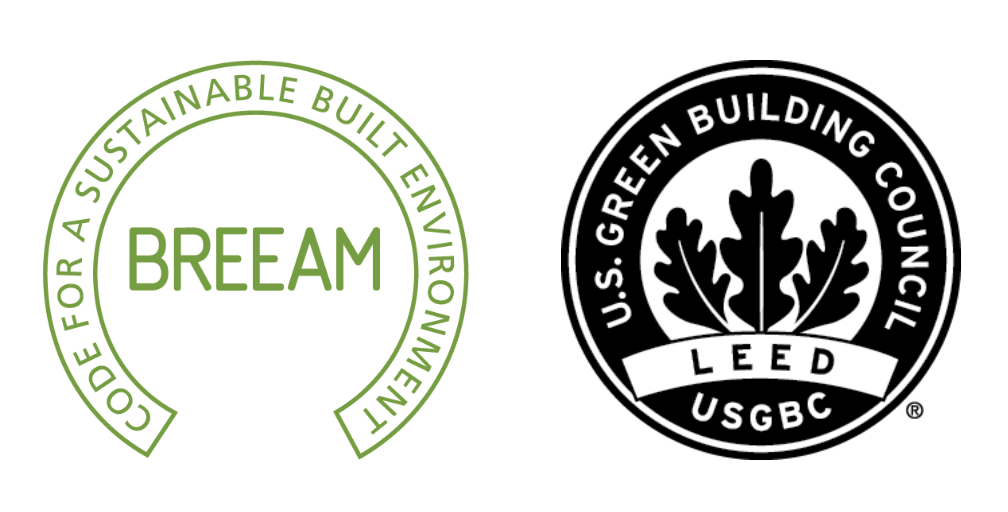
Using EPDs on BREEAM and LEED assessments
A benefit of specifying a product with an EPD is that extra points can be gained on BREEAM and LEED® assessments:
- One bonus ‘uplift’ point can be awarded for the use of one of our ranges where a product specific BRE environmental profile or 3rd party verified EN 15804 (ISO 14025) compliant EPD is available.
- Polyflor ranges can contribute to the LEED® v4 score through specific environmental product declarations (EPD), which can provide 1 point; or generic EPDs which may contribute 0.5 points.
The benefits of EPD / FDES
A benefit of specifying a product with an EPD / FDES is that it supports the environmental goals of the stakeholders from design to use, but importantly, the construction or retrofit projects including SKA Ratings and HQE. Specifically, extra points can be gained on BREEAM and LEED assessments:
- One bonus ‘uplift’ point can be awarded for the use of one of our ranges where a product specific BRE environmental profile or 3rd party verified EN 15804 (ISO 14025) compliant EPD is available.
- Polyflor ranges can contribute to the LEED v4 score through specific environmental product declarations (EPD), which can provide 1 point; or generic EPDs which may contribute 0.5 points.
There are 24 environmental indicators within the assessment process of the EPD, which are broken down into the following categories: Environmental Impact Indicators; Resource Indicators; Waste Indicators; Output Flow Indicators. Critically the 7 Environmental Impact Indicators include:
GWP – Global Warming Potential
ODP – Ozone Depletion Potential
AP – Acidification Potential
EP – Eutrophication Potential
POCP – Formation of Potential of Tropospheric Ozone
ADP – Abiotic Depletion Potential of non-fossil fuels
ADP – Abiotic Depletion Potential of fossil
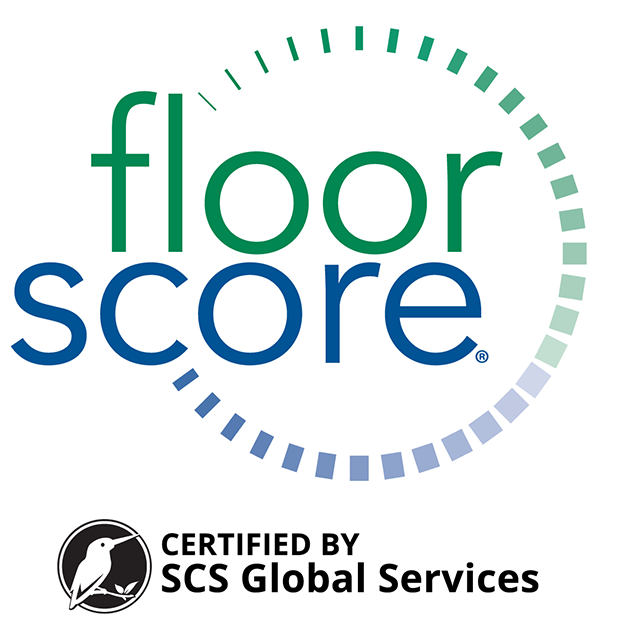
The VOC (volitale organic compounds) emissions of our flooring ranges are all below the very strictly set, accepted levels. Products have been tested by independent laboratories with certificates available upon request.
Indoor air quality is a key consideration when selecting building products due to the amount of time people spend within them. Polyflor vinyl flooring makes a significant contribution towards creating indoor environments with very low VOC emissions.
All of our flooring ranges have already passed key international standards but we continuously look to reformulate our ranges to ensure their VOC emissions are kept to the lowest levels achievable.
Polyflor ranges have undergone many independent and rigorous VOC tests and have approval certification for the following:

AgBB; Swedish B.P.D (FLEC test); Finland M1 test; GBCA Compliant (GreenTag approval); FloorScore® and Afsset A+.
The most recent test method by Eurofins, is ‘Indoor Air Comfort’. This test method is the most comprehensive and stringent within the industry, worldwide, and tests for all known emissions.
All Polyflor products tested to date have achieved Indoor Comfort Gold
Along with positive VOC test results, there is no evidence to suggest that vinyl flooring contributes to common allergies such as asthma or dust allergies and is favoured for its superior ‘cleanability’ over other flooring products and is used in the strictest of hygiene zones throughout hospitals.
Furthermore it is non-shedding, whereby most allergies are caused by airborne dust. Clean room test certification for non-shedding is available on most ranges.
Related Documents
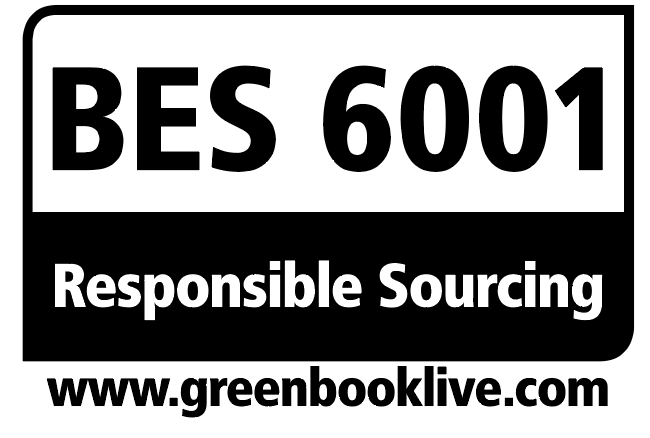
Responsible Sourcing is defined in BS8902 – Responsible sourcing sector certification program for construction products – Specification as: ‘The management of sustainable development in the provision of procurement of a produt.’ Sustainable development is further defined as: ‘An enduring, balanced approach to economic activity, evironmental responsibility and social progress.’
Source: www.greenbooklive.com
BES 6001 ‘Excellent‘ rating, improves our overall social and environmental performance, as well as adding third party accreditation to our own responsible sourcing claims. ‘Excellent’ is the top rating a company can achieve and puts us among the most sustainability led companies in the industry. Furthermore, we scored the highest score to date, therefore becoming the best of the best.
Polyflor is the first flooring manufacturer in the world to be awarded BES 6001
The BES 6001 standard, from BRE Global, is a means of securing certification to demonstrate through independent, third-party certification, that products certified against the program have been responsibly sourced. BES 6001 does not focus on a company’s site, but products or ranges manufactured at one or more sites.
The BES 6001 framework standard for Responsible Sourcing sets out requirements under three main headings: Organizational Management; Supply Chain Management and Environmental and Social Responsibility Management.
To meet the standard, organizations must satisfy certain compulsory elements. In addition, there are higher levels of compliance that can result in a higher performance rating being awarded. This is a significant milestone for Polyflor and the culmination of both hard work and more importantly having a company wide effective and efficient environmental platform to operate from.
BES 6001 is an important standard and it will be extremely valuable to customers looking to procure flooring with sound environmental credentials and traceability, from socially aware and ethical suppliers. Furthermore, the use of Polyflor products with BES 6001 certification can potentially contribute significantly to the available points in Materials section MAT 03 (Responsible Sourcing for Materials) of a BREEAM Assessment.
Related Documents

The flooring industry is not bound by law to recycle waste, but in line with circular economy principles it is important to Polyflor that post consumer waste vinyl flooring should be easily reclaimed and recycled. This significantly helps minimize the environmental impact and close the loop of our products’ life cycles and the industry’s as a whole.
Vinyl, like aluminum, keeps on giving.
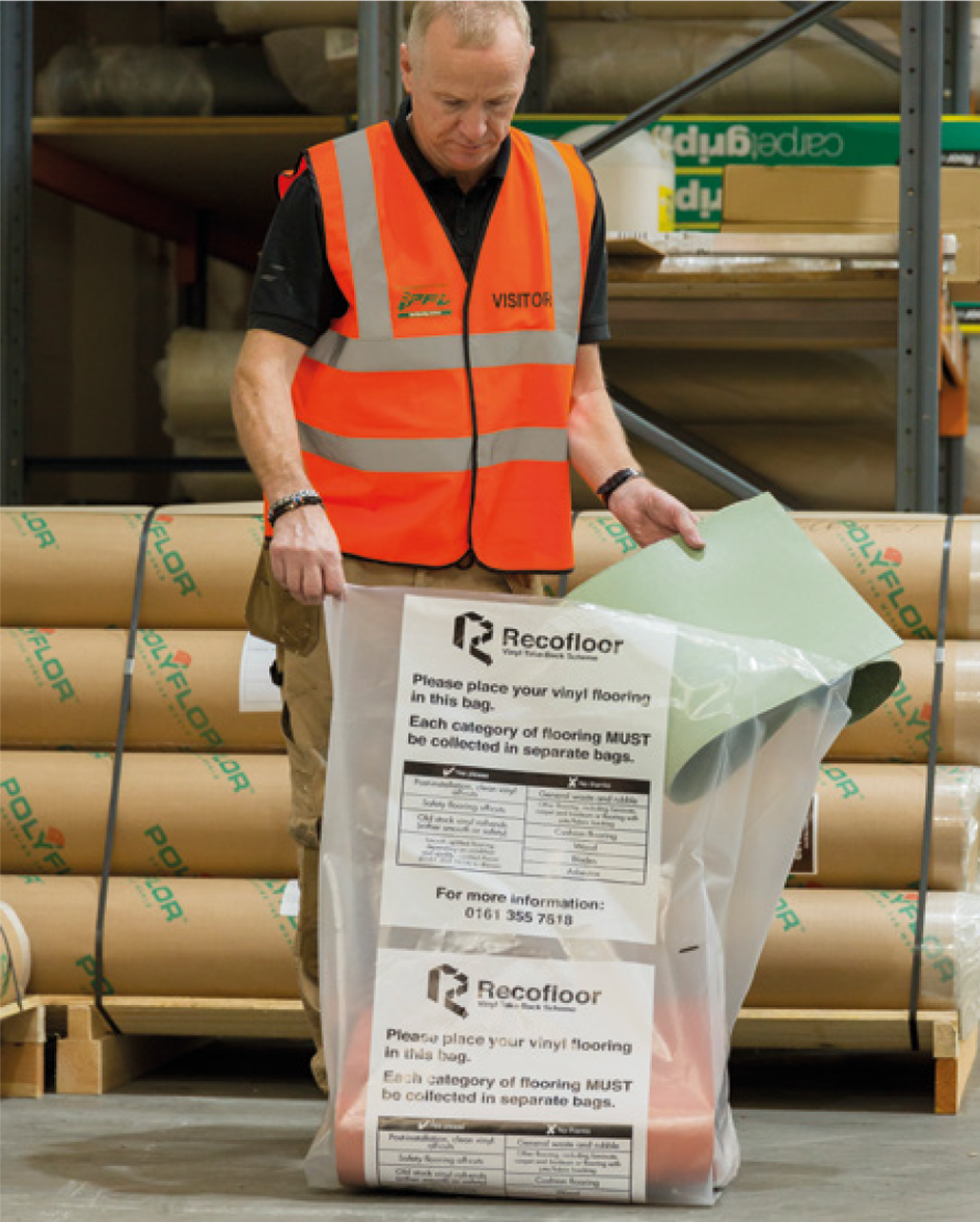
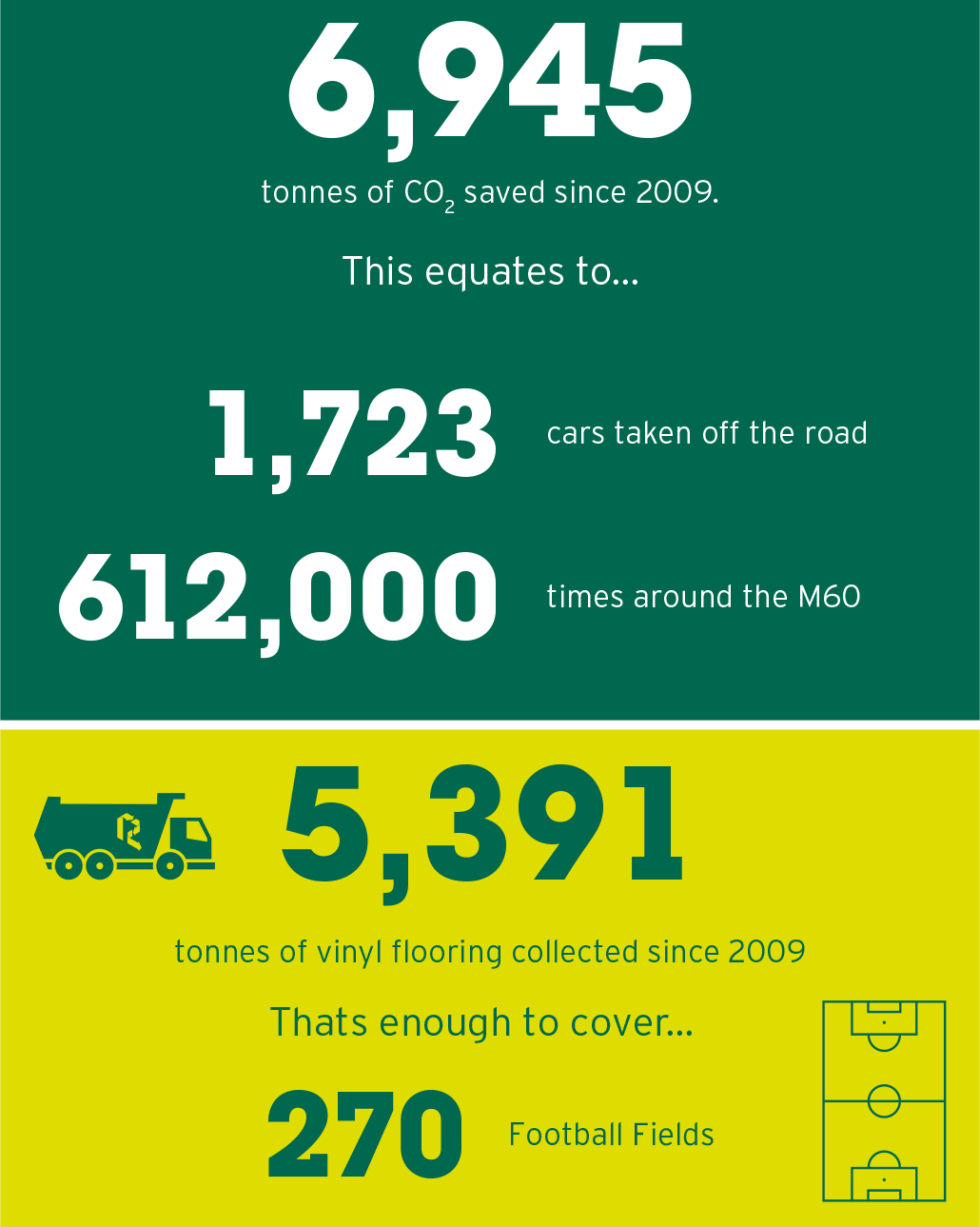
Recofloor operates throughout the UK, Ireland, Australia and New Zealand, facilitating collections via distributors or direct collections from contractors’ or live project sites.
Product specified and installed in Canada is almost certain to have been part of this scheme in Europe or Australasia. One-day market conditions will allow Recofloor to operate within Canada.
Since 2009 Recofloor has achieved a great deal and is now the industry leading facilitator for efficiently reclaiming vinyl flooring. 2010 was a real turning point for the program, which saw Recofloor winning the CIWM (Chartered Institute of Waste Management) Award for Environmental Excellence in the category of SME Innovative Practice.
Another great initiative was Recofloor’s ‘Cost Calculator’, which allows contractors to calculate their cost saving by using Recofloor instead of sending their waste to land fill. This free tool has been extremely popular in helping to divert away from landfill.
Increasing the reclaimed volume of quality vinyl waste for recycling is continuously improving (a key challenge has been to educate members about the importance of the material they send back through the Recofloor scheme, avoiding contamination – not always easy on a busy building site).
Related Documents
Corporate and Social Responsibility
As a major employer, Polyflor has a responsibility to its employees, ensuring their health and wellbeing and preventing high labor turnover, which remains extremely low – in fact Polyflor has 25 and 40 year clubs for all employees who have been employed by Polyflor for the respective number of years!
Polyflor has a duty of care to ensure the impact of day-to-day operations from its business to the local community is minimal.



